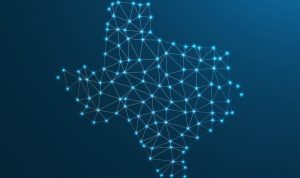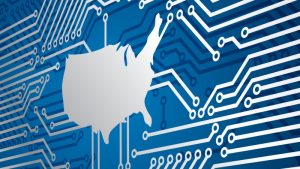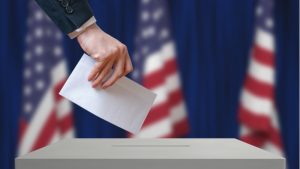The Texas State Legislature is considering two pieces of legislation that would move the state government out of its two data centers and into the cloud, with the goal of securing sensitive state data and saving taxpayer dollars.
A group of Federal lawmakers from Louisiana penned an op-ed in the Washington Times on Feb. 13 urging President Trump to increase funding for cybersecurity education.
The EastWest Institute (EWI) on Thursday released a new report to provide guidance on how to make tomorrow’s “smart cities” secure and safe through effective technology management by executives and administrators.
With the 2020 national election cycle on the horizon, House Homeland Security Committee Chairman Bennie Thompson, D-Miss., convened a hearing Wednesday to examine the how the United States was working to secure its elections, and despite some partisan squabbling from members over the issue, a senior Homeland Security Department (DHS) official testified that election security is on the upswing.
The mayor of Chattanooga, Tenn., pushed back today on the notion that 5G wireless services hold the key for rolling out big “smart-cities” technology improvements, and instead said his city’s gigabit fiber network can handle the job just fine.
In the aftermath of Hurricane Harvey, the city of Houston made it a priority to embrace technology, taking steps to use cloud, share data, and improve resiliency.
Much like how Akron’s most famous native, LeBron James, changes how opposing teams defend him—the City of Akron is hoping to adjust its own defensive strategy by protecting its computer systems with cloud-based technology.
Top officials from communications industry trade groups told members of the Senate Commerce, Science, and Transportation Committee today what few, if any, in the hearing room would disagree with: the United States needs to win the global race to leadership in 5G communications services and technologies.
Sens. Amy Klobuchar, D-Minn., and Dan Sullivan, R-Ark., reintroduced legislation on Tuesday that would “establish an international information sharing program on election administration and security at the State Department.” The Global Electoral Exchange Act, which had been introduced in the last Congress, would enable the United States to work with its international allies to strengthen election security by sharing best practices on audits, disinformation campaigns, and voter database protections–among other pertinent issues.












